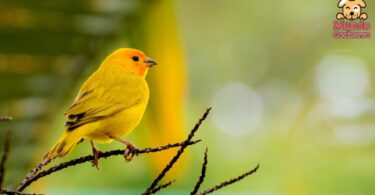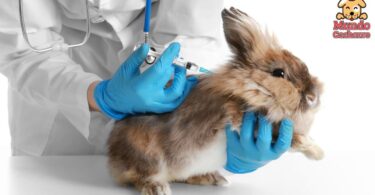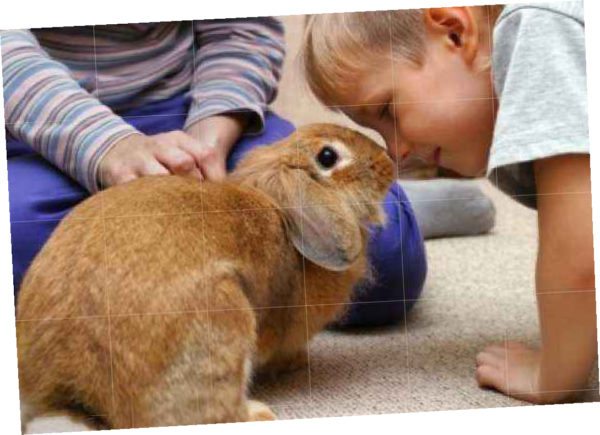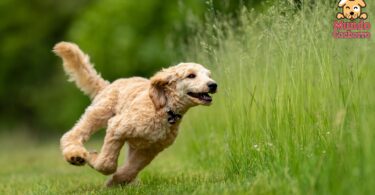Lovebirds are a species of parrots native to Africa. Their striking plumage and the long time they can live in captivity with proper care have led many people to adopt them as companion birds. In this article we tell you about the care that this species will need to live happily in a house.
Lovebirds belong to the parrot family, but they do not usually imitate human speech. If they can imitate some sounds such as whistling or clicking. They have a small size, which in general does not exceed sixteen centimeters. Their average lifespan is about ten years, although in captivity and with proper care, they can live up to twenty years.
It is a species that can relate quite well with people and learn to trust and maintain a certain relationship with its caregivers. It is also a very sociable bird and will need contact with other birds.
Care for lovebirds
Space
Lovebirds need a large amount of space that allows them to exercise on a daily basis. It is best to allow them to leave their cage for at least several hours each day. Of course, the idea is that they should be able to fly indoors or on a glass terrace so that they do not escape.
Cage
Square or rectangular cages are ideal for these birds. This is because when the cages are of this design it will help them not to become disoriented. On the other hand, the size of the cage must be adequate for at least two of these birds: remember that loneliness does not do them good and it is best to have at least one pair. The bars must have enough space between them so that the birds cannot get out or get stuck between them.
Feeding
Lovebirds feed on seeds, but you can also offer them wet foods such as fruits and vegetables. They usually like sunflower seeds and you can combine it with some seed mix. The diet should be varied to avoid nutritional deficiencies. Feed is good, but combined with wet food. During the breeding season, you can give them boiled eggs and crushed shells. Vegetables such as chard, corn and carrots can complete your diet.
Prohibited foods
There are certain types of food that you should not feed your lovebird. For example, potatoes, parsley and avocado. You should also completely avoid alcoholic beverages, milk and sodas. Chocolate and coffee have components that will be harmful to your metabolism and may be toxic.
Water
These birds must have sufficient water. It should be clean and fresh and changed daily. Among your routines, you should add that of making sure they never run out of water. In addition, this species likes to bathe, so you should provide a container that allows it to do so whenever it feels like it.
Cleaning
A clean cage will be the best way to prevent disease, while making your bird more comfortable in it. You can place a newspaper at the bottom and change it every day. Then you can do a deeper cleansing once a week.
Image courtesy of elcorreoweb.es, all rights reserved.







